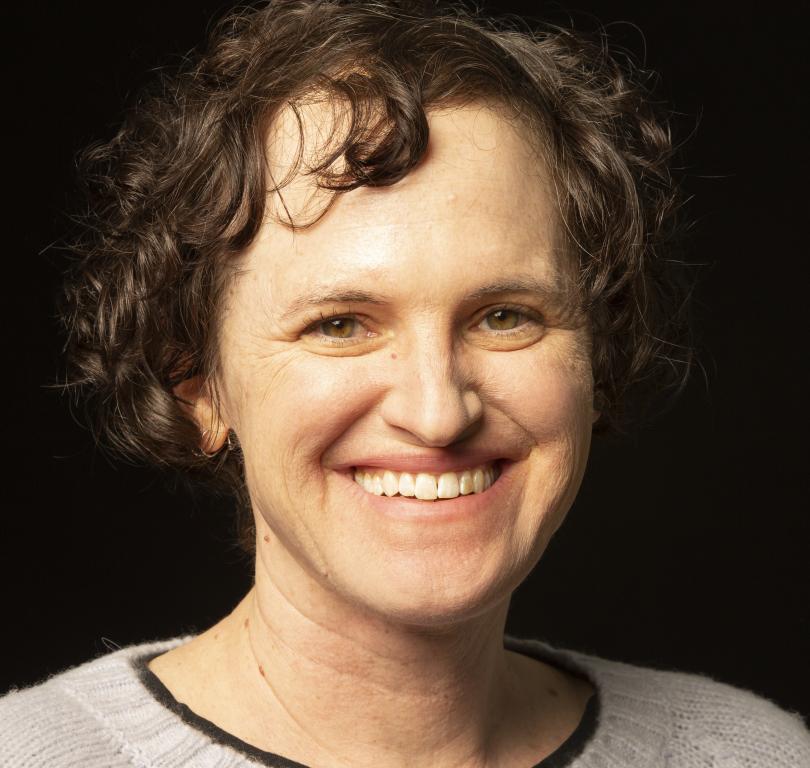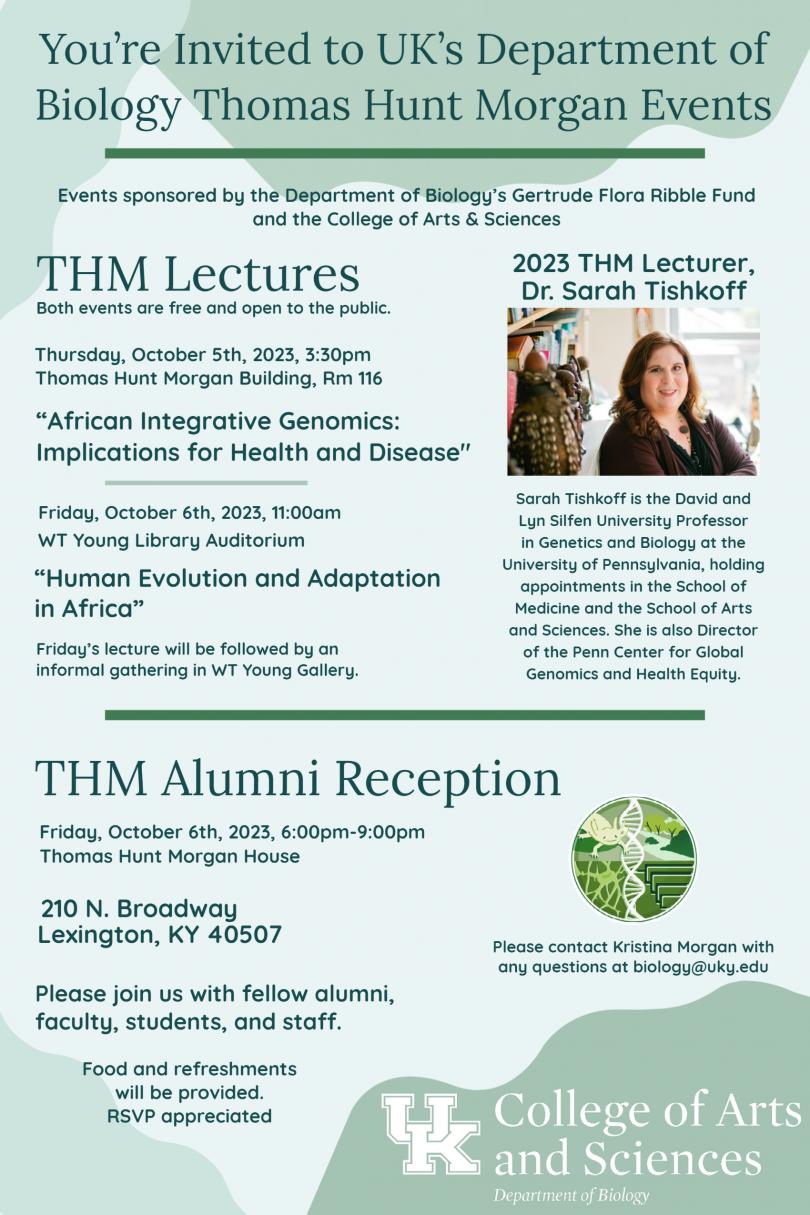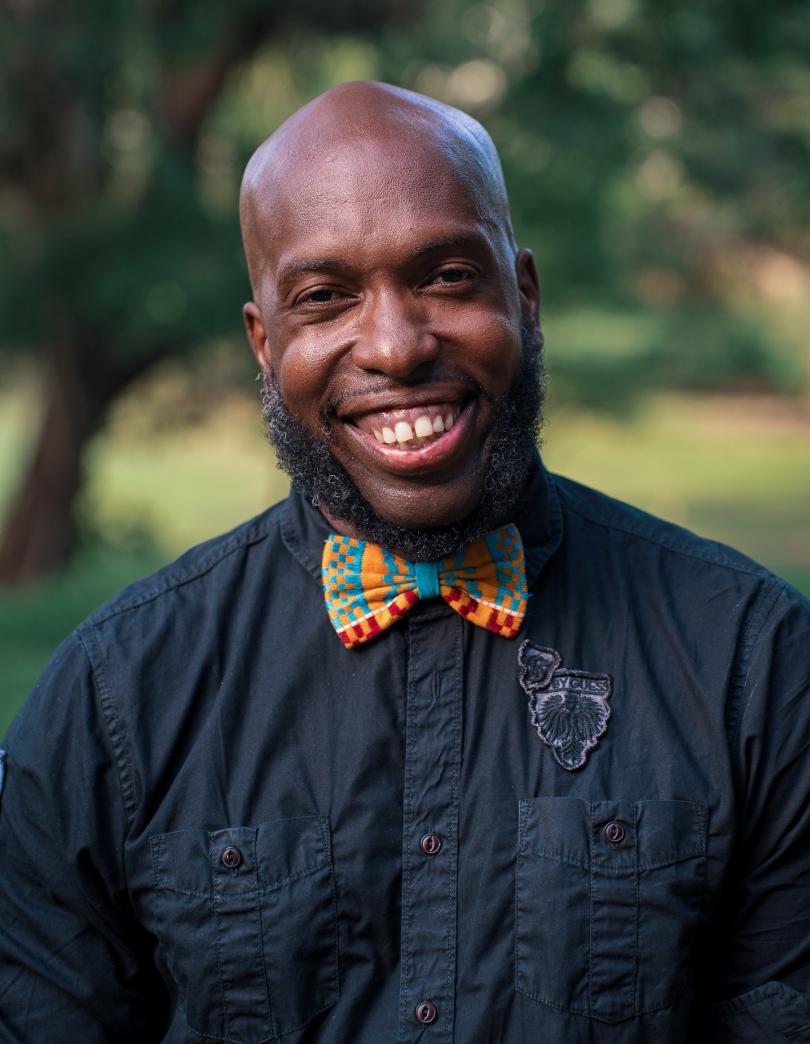"Planarian Stem Cells: A Model for Limitless Regeneration and Renewal"
 Dr. Carrie Adler | Adler Lab
Dr. Carrie Adler | Adler Lab
Bio:
Carrie is currently an Assistant Professor in the Department of Molecular Medicine at Cornell University, where she started her lab in 2015. She attended college at Wesleyan University and afterwards worked as a technician with Bruce Mayer at Harvard Medical School, studying signal transduction pathways. For graduate school, Carrie enrolled in the Tetrad program at UCSF, joining Cori Bargmann's lab to study neural development in C. elegans. As a postdoc, Carrie trained with Alejandro Sánchez Alvarado at the University of Utah and the Stowers Institute for Medical Research.
Abstract:
Throughout our lives, we are constantly exposed to insults, including injuries, disease, and environmental toxins. Frequently referred to as a ‘fountain of youth’ given their potential for rejuvenation, stem cells have the capacity to restore damaged tissue. In most model organisms, regenerative capacity is limited and stem cells are scarce, which has made it difficult to pinpoint the mechanisms regulating their behavior. In addition, stem cell exhaustion occurs as we age, diminishing our ability to repair damaged tissues. Finally, while we have made significant progress in recapitulating organ growth in vitro, how might these tissues be used in humans to restore physiological function?
My research program has probed these questions in an emerging model organism, planarian flatworms. These animals have long been regarded as champion regenerators because they can rapidly replace any tissue that’s been damaged or lost, including the nervous system. The basis of this unlimited renewal lies in an abundant population of stem cells. My lab’s primary goals are to understand how these cells sense and respond to injury, and how they maintain genome integrity through repeated cell divisions that occur during regeneration.
Check out the seminar here!



